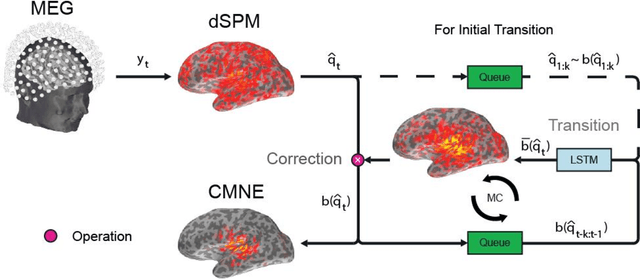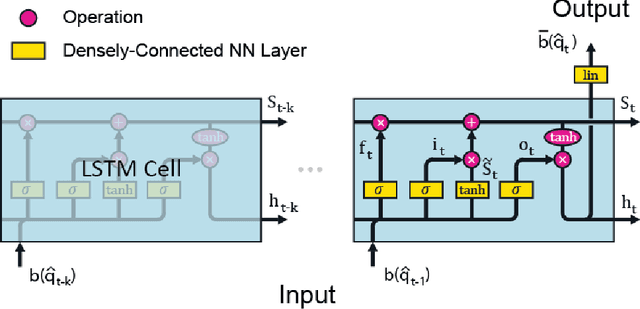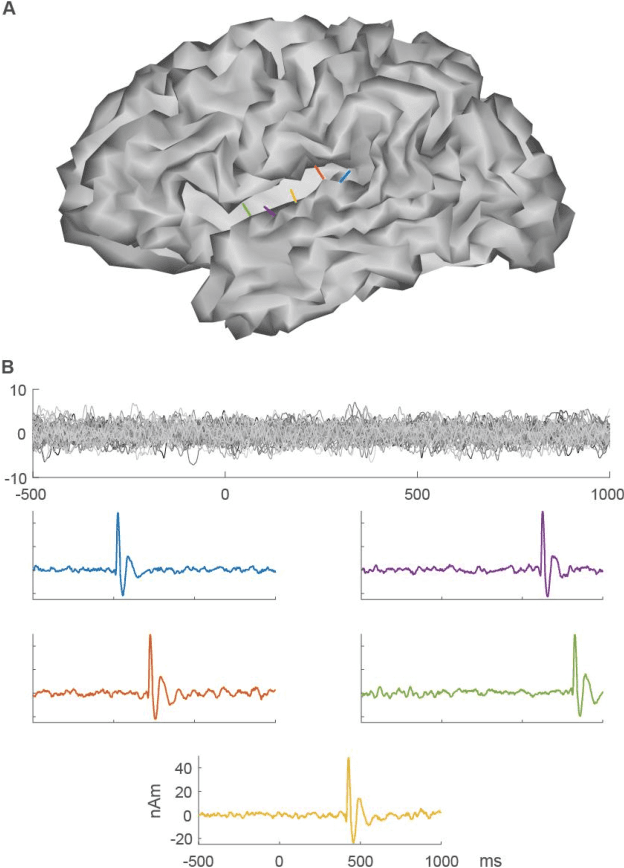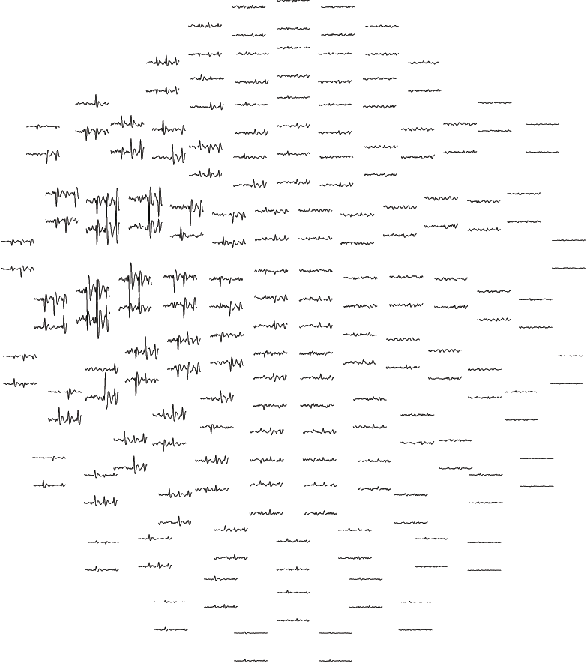John GW Samuelsson
Contextual Minimum-Norm Estimates (CMNE): A Deep Learning Method for Source Estimation in Neuronal Networks
Sep 05, 2019



Abstract:Magnetoencephalography (MEG) and Electroencephalography (EEG) source estimates have thus far mostly been derived sample by sample, i.e., independent of each other in time. However, neuronal assemblies are heavily interconnected, constraining the temporal evolution of neural activity in space as detected by MEG and EEG. The observed neural currents are thus highly context dependent. Here, a new method is presented which integrates predictive deep learning networks with the Minimum-Norm Estimates (MNE) approach. Specifically, we employ Long Short-Term Memory (LSTM) networks, a type of recurrent neural network, for predicting brain activity. Because we use past activity (context) in the estimation, we call our method Contextual MNE (CMNE). We demonstrate that these contextual algorithms can be used for predicting activity based on previous brain states and when used in conjunction with MNE, they lead to more accurate source estimation. To evaluate the performance of CMNE, it was tested on simulated and experimental data from human auditory evoked response experiments.
 Add to Chrome
Add to Chrome Add to Firefox
Add to Firefox Add to Edge
Add to Edge